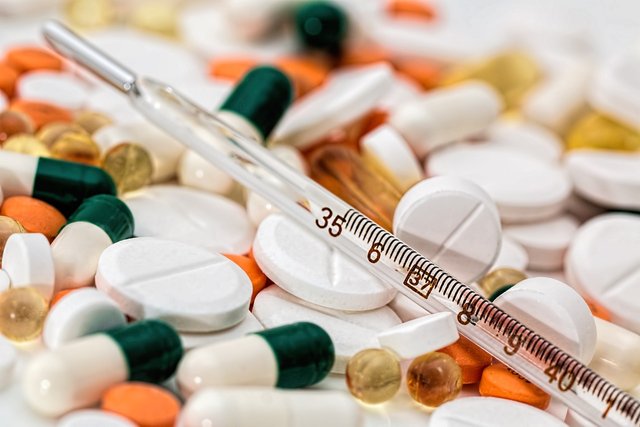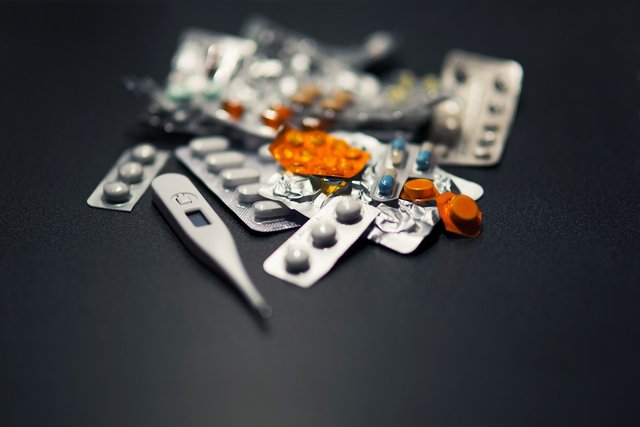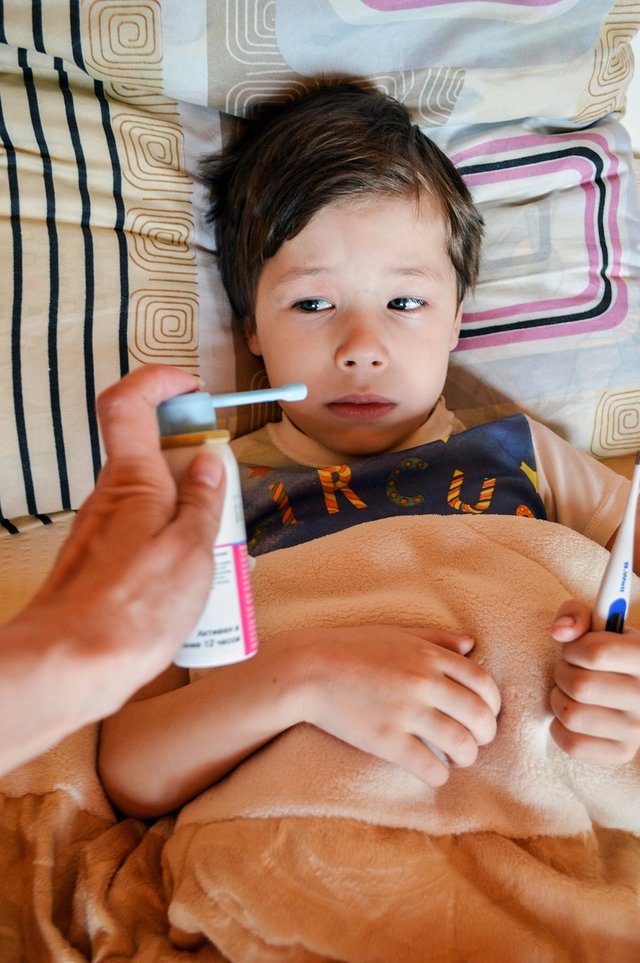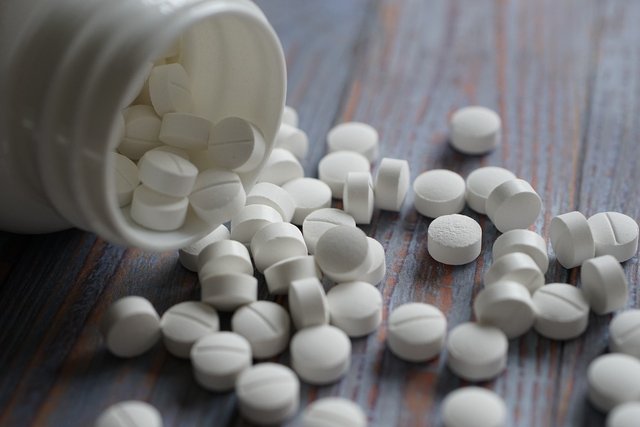Introduction |
|---|
Antibiotics are very miraculous in fighting bacterial infections, however, with the world constantly brushing away from antibiotic abuse and misuse, it is essential you are aware of the antibiotics and their side effects, antibiotic resistance and also how to be purposeful with antibiotics. Below are detailed discussions of these topics, which will give the reader a good understanding of antibiotics.

Frequently Asked Questions About Antibiotics
Type |
|---|
Compare:
Antibiotics may be defined asagents used in the prevention or treatment of bacterial infections, or in the elimination from man’s environment of bacteria deleterious to man.So they bind to those functions and parts of bacterial cells that support its growth and multiplication. Cell wall synthesis, protein synthesis and DNA replication are also dependent on it. They can be used to neutralize bacteria or raise the reproduction rate of bacteria until the immune system can clear up the situation.
Think of the antibiotics like the penicillin that target how the bacteria cell wall synthesises, and damage the bacteria cell wall to the point the bacteria cell wall cell bursts, and the bacteria will die.Other Tetracyclines also attach themselves to the bacteria’s ribosomes so that the bacteria can no longer synthesize proteins. Other fluoroquinolones also act by binding bacterial DNA gyrase, which is a bacterial replication enzyme, is also included
Another reason antibiotics are used basically towards our ends is that antibiotics work against what is usually causing an infection by killing off the pertinent molecules that are inside bacterial cells but not human cells.
What Is the Harmful Result of Antibiotics?
Antibiotics are usually safe and provide good results, however they can have negative consequences. Common side effects include:
- Nausea and vomiting
- Diarrhea
- Headaches
- Dizziness
- Upset stomach
- Rash and hives
- Allergic reactions (rare)

These side effects range from mild to very serious depending with the type of antibiotic used, the dose, and the body status of the patient. Usually side effects are relatively few or manageable and tend to subside by themselves but in the few occasions where they are serious medical attention may be needed.
Why Antibiotic Resistance and How Can We Prevent It
In particular, antibiotic resistance describes how normally sensitive bacteria end up overcoming a set of properties that let them thrive in an environment to which antibiotic would deprive their growth. This makes managing infections slightly complicated and in other cases it delegitimizes the use of some antibiotics. Antibiotic resistance comes with devastating repercussion from prolonged time of disease, high cost health care and high mortality rate.
Antibiotics use must be rational or appropriate to counter the spreading of antibiotic resistance. It is taking pills even if you start to get better so that you can stop the spread of resistant bacteria. But antibiotics are only used rationally, if and when a doctor prescribes them, is important. Beyond that, keeping your hands clean more effectively and frequently or washing hands regularly helps prevent illnesses which in turn reduces the number of times you had to take an antibiotic in the first place.
Does It Strengthen Or Weaken Your Immune System, Taking Antibiotics?
On the process of immunity, antibiotics play a less obvious role, acting as mediator of immunity.On the other hand, antibiotics remove bacterial infections not the viral infections like the common cold and flu.What this implies is that when we use antibiotics to treat viral illnesses no changes to occur and perhaps one becomes ill for longer than necessary.
The over use of, and over prescription of, antibiotic drugs can finally bring the body into a state of weak immunity over time. Because antibiotics are not used for viruses (although they may be used for them in the treatment of tick bites or similar), the more people take antibiotics for viral illnesses, the harder it will be to treat bacterial infections in the future because people become resistant to antibiotics. But the fact is that these can destroy our immunity to bacterium infections because our bodies might not become immune to bacterium like it would have been otherwise but rather use the antibiotic that will not help much.

Can We Treat Diseases Without The Use of Antibiotics?
Nevertheless, we should note first that there are countless diseases and infections that simply don’t necessarily require antibiotics at all. For example, viral infections may be managed by resting, taking fluids and using simple medications for the symptoms while the body tries to eliminate the virus. Secondly, poor nutrition, poor exercise, and poor sleep all weaken the immune system such that antibiotics become mandatory.
Sometimes, the use of complementary therapy is possible for bacterial infections; thus, the use of probiotics maintains a balance of bacteria in the human body’s digestive system and strengthen the immune system. On skin infections, topical antiseptics in form of cream or ointment can be used; this was not possible in the past with the cringe of widespread use of antibiotics.
What Is the Responsible Utilization of Antibiotics?
The goal, rather, of antibiotic stewardship is to prolong the effectiveness of the supplied substances by preventing the development of resistance. Here are some ways we can use antibiotics responsibly:
Only use antibiotics when prescribed by a healthcare professional: There are no antibiotics that can fight off viral diseases, and its use only end up growing resistant to the drugs.
Take the full course of prescribed antibiotics: In the event that the infection reoccurs, you must follow the complete course depicated by the doctor and take all the antibiotics till they are finished. Forcing the treatment to stop at this rate can also bring new resistance in bacteria.
Follow your healthcare provider's instructions: You too should consume antibiotics strictly as the medical professional tells you regarding the dosage and frequency.
Practice good hygiene: Similarly infection incidences will also decrease and therefore the use of antibiotics will also decrease.

- Maintain a healthy lifestyle: That is, eating great foods, exercising adequately and sleeping soundly will provide needed strength to the body to fight infections.
6.Stay informed: Read more about antibiotic resistance and how you can participate: Antibiotic resistance is an alarming trend but the public has more to learn
Over prescription and misuse of the antibiotics have therefore placed them on the rack though antibiotics have created hope in fighting bacterial infections.If we knows how antibiotics are effective, what are the disadvantages with it and why is antibiotic resistance a problem then it is possible to make that decisions with respect to the use of antibiotics and try our best in order to keep it for as long as possible. Which means that if one can, they do not have to use antibiotics if they do not have to, and must take antibiotics as the health practitioners recommend so that antibiotics can remain effective in combating bacterial infections.

@abdullahw2
@radjasalman
@suboohi
